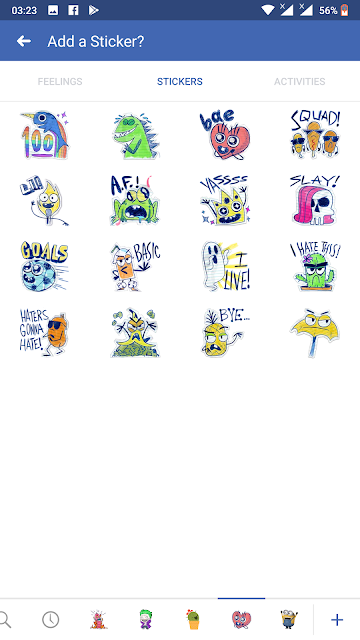Are Gamers better Learners?
Are Gamers better Learners?
By: Arlene Gentallan
Are gamers better learner? This question was put to the test by neuropsychologists of Ruhr-Universit�t Bochum. In their study, they let 17 gamers (with at least 15 gaming hours a week) compete against 17 participants who were not regular gamer.
Their learning skills were assessed using the weather prediction task, a cognitive learning test in which participants analyze the pattern shown on a combination of 3 cards in order to make a prediction of either a sun or rain. Their brain activities were analyzed using magnetic resonance imaging (MRI). After the task, they answered questionnaire to gauge the extent of information they acquired from the weather prediction task.
The result of the study was in favor of gamers as better learners. Regular gamers were able to better grasp the concept of prediction based on card patterns compared to non-regular gamers.
MRI shows that these regular gamers have higher brain activity in the area of the brain responsible for memory and learning--the hippocampus. Result of the questionnaire also revealed that they are able to gain more information through analyzing the patterns on each card which in turn were used to make more accurate prediction than non-gamers.
According to Sabrina Schenk "Our study shows that gamers are better in analyzing a situation quickly, to generate new knowledge and to categorize facts -- especially in situations with high uncertainties"
.
This study sheds some light into how action-based games shapes the brain of gamers.
Resources:
S. Schenk, R. Lech, B. Suchan. (2017). Games people play: How video games improve probabilistic learning. Behavioural Brain Research, 2017; 335: 208 DOI: 10.1016/j.bbr.2017.08.027
By: Arlene Gentallan
Are gamers better learner? This question was put to the test by neuropsychologists of Ruhr-Universit�t Bochum. In their study, they let 17 gamers (with at least 15 gaming hours a week) compete against 17 participants who were not regular gamer.
Their learning skills were assessed using the weather prediction task, a cognitive learning test in which participants analyze the pattern shown on a combination of 3 cards in order to make a prediction of either a sun or rain. Their brain activities were analyzed using magnetic resonance imaging (MRI). After the task, they answered questionnaire to gauge the extent of information they acquired from the weather prediction task.
The result of the study was in favor of gamers as better learners. Regular gamers were able to better grasp the concept of prediction based on card patterns compared to non-regular gamers.
MRI shows that these regular gamers have higher brain activity in the area of the brain responsible for memory and learning--the hippocampus. Result of the questionnaire also revealed that they are able to gain more information through analyzing the patterns on each card which in turn were used to make more accurate prediction than non-gamers.
According to Sabrina Schenk "Our study shows that gamers are better in analyzing a situation quickly, to generate new knowledge and to categorize facts -- especially in situations with high uncertainties"
.
This study sheds some light into how action-based games shapes the brain of gamers.
Resources:
S. Schenk, R. Lech, B. Suchan. (2017). Games people play: How video games improve probabilistic learning. Behavioural Brain Research, 2017; 335: 208 DOI: 10.1016/j.bbr.2017.08.027








